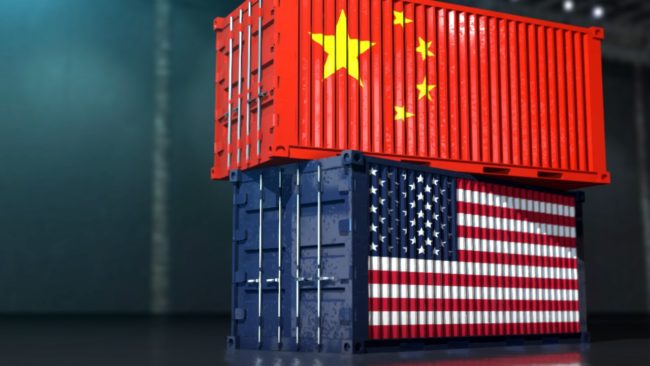Tensions between China and the United States continue to grow as China recently threatened to blacklist foreign companies as a retaliatory measure in response the Huawei export ban. Resulting in the loss of all its U.S. partners, the ban is proving to be detrimental to the tech giant’s business. Huawei’s newly earned title of “undermining American interests” also had global ramifications wherein Japan and even the UK delayed the release of their smartphones.
Waning optimism for China-U.S. relations is further perpetuated by the prospect of severe retaliatory measures on the part of Beijing. China is in the process of creating a list of “unreliable companies” mainly from the U.S. which domestic enterprises are forbidden to conduct business with. Entities that are not compliant with market rules and those who refuse to supply Chinese companies for non-commercial reasons will be added to the list.
Though the exact details for the list have not been released, the Chinese government hopes to roll out its plans in the weeks to come. The trigger, banning Huawei, has been a point of contention for many years as the United States government has continually warned consumers that Huawei products have the potential for spying capabilities. Despite Huawei negating these claims, the U.S. government remains firm on its stance.
The “unreliable companies” list that China hopes to build is reminiscent of the United States Entity List. For many years, Washington has published a list of all the entities that hinder national security and that are regulated under The Export Administration Regulations (EAR). According to their website, the list is comprised of names of certain foreign persons – including businesses, research institutions, government and private organizations, individuals, and other types of legal persons – that are subject to specific license requirements for the export, reexport and/or transfer (in-country) of specified items. These persons comprise the Entity List, which is found in Supplement No. 4 to Part 744 of the EAR. On an individual basis, the persons on the Entity List are subject to licensing requirements and policies supplemental to those found elsewhere in the EAR.
Though the details of the Chinese “unreliable companies” list is still unclear, companies with ties to China should be weary of several disruptions that may occur as a direct outcome of the list.
Operational risks present themselves especially to companies who rely heavily on Chinese exports. There is a possibility for huge supply chain disruptions as Chinese suppliers may be forced to halt operations associated with American companies on the “unreliable companies” list. Companies concerned for their operations in China should establish contingency plans for business continuity where they consider moving supply chain operations elsewhere.
Reputational risk also poses a threat, especially in the age of social media. Companies published on this list may endure reputational related losses as shareholder value can be impacted by blows to public image. For example, if Chinese consumers decide that they will refuse to spend money on products produced by blacklisted entities this could lead to sustained losses and drive shareholder value down.
Additionally, Chinese entities who have conducted business with blacklisted companies may come under scrutiny from regulators. Regulatory enforcement risk could present itself as heightened scrutiny as far as compliance activities which could therefore impact non-blacklisted companies conducting business in China.
